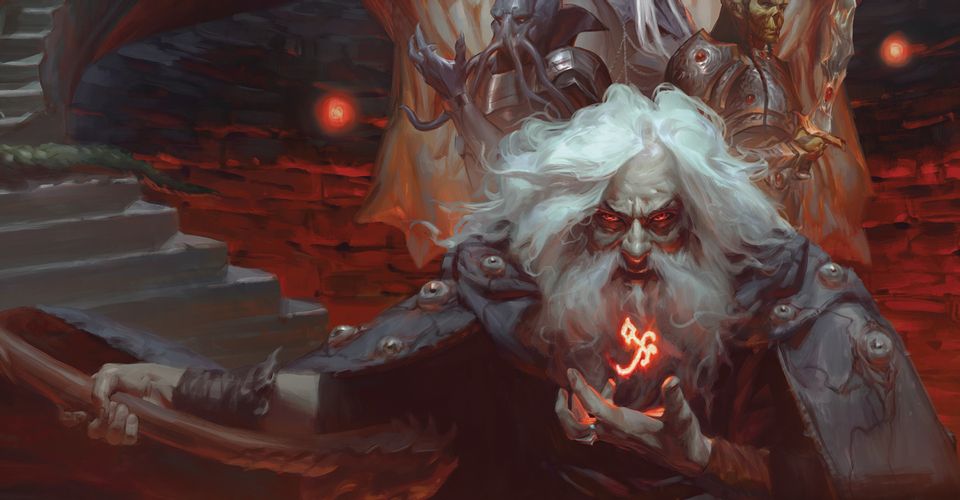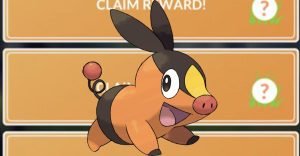This D&D Spell Makes Wizards Overpowered

Wizards are a versatile class in Dungeons & Dragons, with the ability to do massive damage, control the battlefield, and incapacitate enemies. Wizards in D&D are often limited by their spell slots, however, and need to be careful with what magic they use in a given encounter. With a careful combination of subclass and spell choice, players can make spell spots much more plentiful for their character.
Wizards have multiple subclasses that they can choose from, having eight in the Players Handbook and even more in additional source material. One of these D&D subclasses, Divination, may seem like it is built for less combat-oriented characters, since the Divination school excels at locating items and predicting events, but this is not the case. Divination includes a strong combat ability in the way of Portent, and their level six feature is one that can break Dungeons & Dragons.
At level six, Divination Wizards in D&D gain a feature called “Expert Divination.” This allows the player to regain a spell slot whenever they use Divination magic. Although the player must regain a spell slot lower than the one they used, it still creates additional value out of a single slot. Initially this ability did not have a major effect on combat, but this changed with the release of new source material for D&D.
Mind Spike in Dungeons and Dragons

Xanathar’s Guide to Everything introduced new characters options for Dungeons & Dragons, including subclasses, feats, and spells. One of the spells added is Mind Spike, which requires a level 2 spell slot. Mind Spike allows enemies to make a wisdom saving throw, and on a failure they take 3d8 damage (on a success they take half of that). The spell also allows the caster to know the location of the target, as long as they remain on the same plane, for up to an hour.
Although Mind Spike’s damage is not overwhelming, it is considered a part of the Divination school. This means the “Expert Divination” feature applies to the spell, and that Divination Wizards can recoup a spell slot after using it. For instance, if a wizard were to use mind spike as a 2nd level spell, not only would they be able to dish out 3d8 in damage, but they could also regain a 1st level slot. The slot regained can be as high as 5th level, meaning this D&D spell remains powerful even in later levels of play.
There are some limitations to the Mind Spike strategy, the most important being concentration. Since Mind Spike’s secondary effect requires concentration to maintain, using it will break any other spell the player character is focusing on. This means the spell can’t reliably be used if a player wants to maintain an effect such as Fly on their character. Mind Spike is also a spell meant for a single target, and may not be as useful if fighting a large number of creatures.
Wizards are a powerful class in Dungeons & Dragons, and combining Mind Spike with the Divination subclass gives theme even more resources to take advantage of. With that said, there are plenty of ways to build a Wizard, many of which have distinct advantages that Divination does not.
About The Author

















